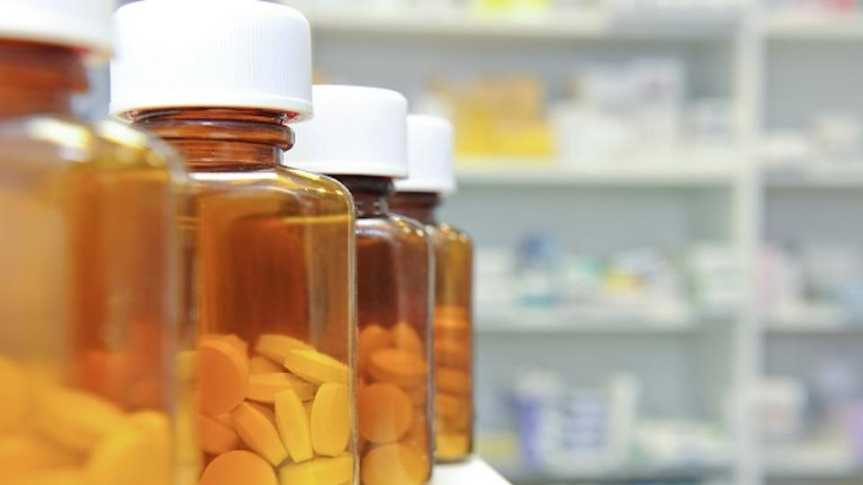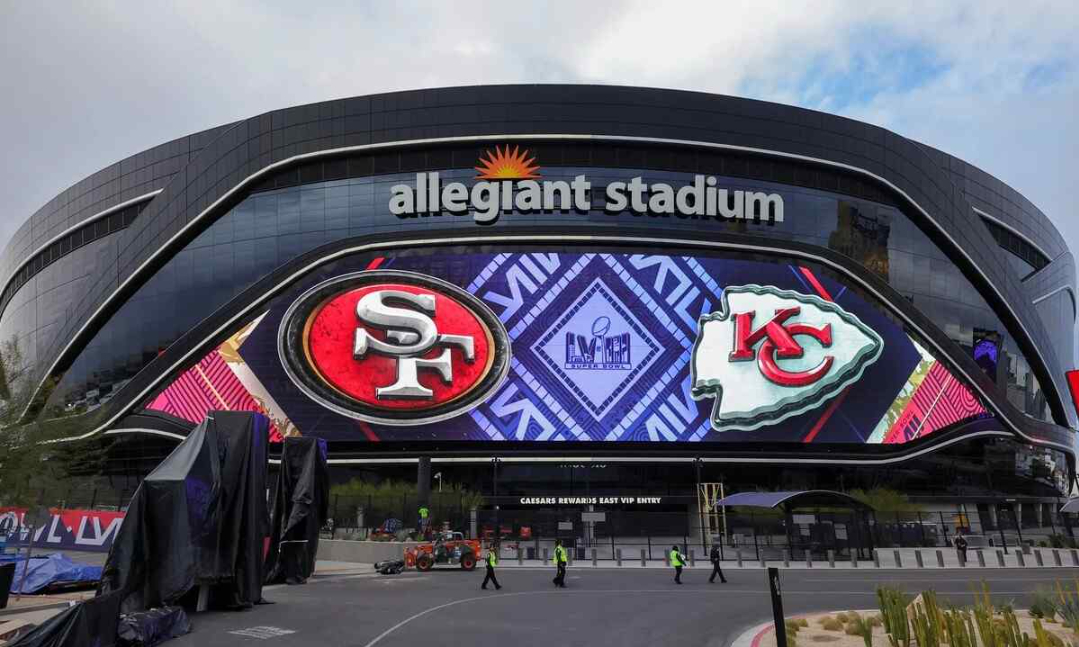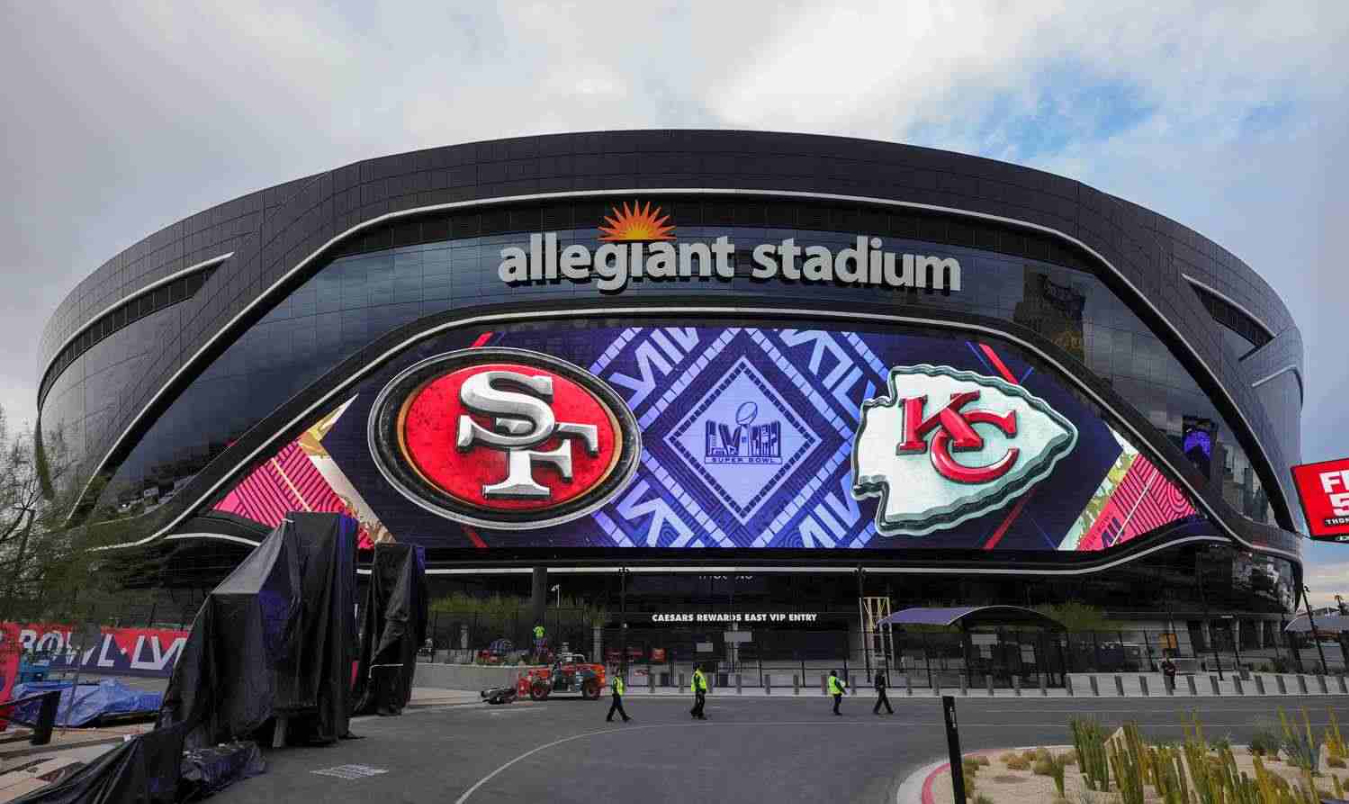Federal regulators are taking a closer look at drug middlemen

Image: PharmaForum
Generic drug shortages hit a 10-year high in recent months, and the US government is channeling Benoit Blanc and trying to figure out why. The FTC and Department of Health and Human Services (HHS) this week said they’re examining the role that two healthcare middlemen – drug wholesalers and group purchasing organizations – play in shortages of generic drugs, which currently account for over 90% of the prescriptions dispensed in America.
First things first: Drug wholesalers buy medicines from manufacturers and distribute them to healthcare providers. Group purchasing organizations broker drug purchases for hospitals and other health providers.
And these markets are like extra-strength cold brew – very concentrated. Vizient, Premier, and HealthTrust are among the biggest group purchasing organizations for hospitals, while Cencora, Cardinal Health, and McKesson are responsible for ~90% of prescription drug distribution in the US.
- The FTC and HHS – without yet naming names – are focusing on whether these middlemen have misused their market power to cut the prices of generic drugs to a point where manufacturers can’t profit and have to stop production, and rival suppliers are discouraged from competing in the generic drug market, per CNBC.
📝💊 Zoom out: The FTC also said this week that it hopes "in the coming months" to share results from its inquiry into pharmacy benefit managers (another healthcare middleman), which was launched in June 2022.
Share this!
Recent U.S. stories

U.S.
| February 12, 2024Super Sick Monday is here
🤢 It’s “Super Sick Monday” – the day after the Super Bowl – and offices and Zoom meetings are about to be a little more sparse.

U.S.
| February 9, 2024Super Bowl LVIII: by the numbers
🏈🏆 Around 110 million people are expected to tune in to watch the San Francisco 49ers and Kansas City Chiefs face off in Super Bowl LVIII on Sunday in Las Vegas. Click to see more numbers surrounding arguably the biggest event of the year.
You've made it this far...
Let's make our relationship official, no 💍 or elaborate proposal required. Learn and stay entertained, for free.👇
All of our news is 100% free and you can unsubscribe anytime; the quiz takes ~10 seconds to complete